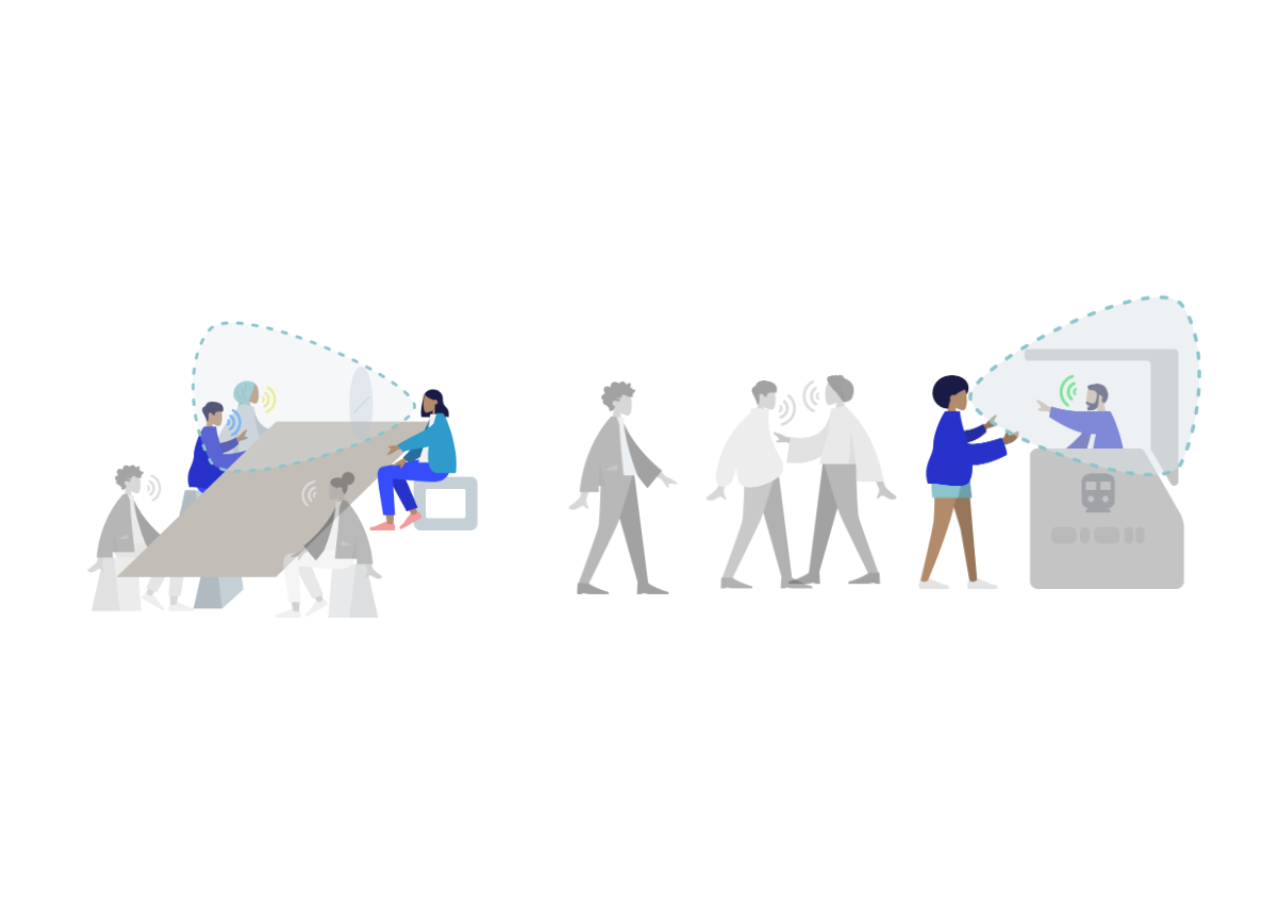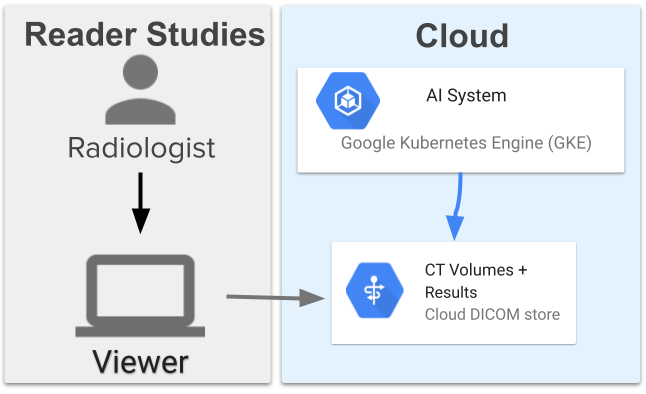
Announcing the Recipients of the 2020 Award for Inclusion Research
October 21, 2020
Posted by Negar Saei, Program Manager, Google Research
At Google, it is our ongoing goal to support faculty who are conducting innovative research that will have positive societal impact. As part of that goal, earlier this year we launched the Award for Inclusion Research program, a global program that supports academic research in computing and technology addressing the needs of underrepresented populations. The Award for Inclusion Research program allows faculty and Google researchers an opportunity to partner on their research initiatives and build new and constructive long-term relationships.
We received 100+ applications from over 100 universities, globally, and today we are excited to announce the 16 proposals chosen for funding, focused on an array of topics around diversity and inclusion, algorithmic bias, education innovation, health tools, accessibility, gender bias, AI for social good, security, and social justice. The proposals include 25 principal investigators who focus on making the community stronger through their research efforts.
Congratulations to announce this year’s recipients:
"Human Centred Technology Design for Social Justice in Africa"
Anicia Peters (University of Namibia) and Shaimaa Lazem (City for Scientific Research and Technological Applications, Egypt)
"Modern NLP for Regional and Dialectal Language Variants"
Antonios Anastasopoulos (George Mason University)
"Culturally Relevant Collaborative Health Tracking Tools for Motivating Heart-Healthy Behaviors Among African Americans"
Aqueasha Martin-Hammond (Indiana University - Purdue University Indianapolis) and Tanjala S. Purnell (Johns Hopkins University)
"Characterizing Energy Equity in the United States"
Destenie Nock and Constantine Samaras (Carnegie Mellon University)
"Developing a Dialogue System for a Culturally-Responsive Social Programmable Robot"
Erin Walker (University of Pittsburgh) and Leshell Hatley (Coppin State University)
"Eliminating Gender Bias in NLP Beyond English"
Hinrich Schuetze (LMU Munich)
"The Ability-Based Design Mobile Toolkit: Enabling Accessible Mobile Interactions through Advanced Sensing and Modeling"
Jacob O. Wobbrock (University of Washington)
"Mutual aid and community engagement: Community-based mechanisms against algorithmic bias"
Jasmine McNealy (University of Florida)
"Empowering Syrian Girls through Culturally Sensitive Mobile Technology and Media Literacy
Karen Elizabeth Fisher (University of Washington) and Yacine Ghamri-Doudane (University of La Rochelle)
"Broadening participation in data science through examining the health, social, and economic impacts of gentrification"
Latifa Jackson (Howard University) and Hasan Jackson (Howard University)
"Understanding How Peer and Near Peer Mentors co-Facilitating the Active Learning Process of Introductory Data Structures Within an Immersive Summer Experience Effected Rising Sophomore Computer Science Student Persistence and Preparedness for Careers in Silicon Valley"
Legand Burge (Howard University) and Marlon Mejias (University of North Carolina at Charlotte)
"Who is Most Likely to Advocate for this Case? A Machine Learning Approach"
Maria De-Arteaga (University of Texas at Austin)
"Contextual Rendering of Equations for Visually Impaired Persons"
Meenakshi Balakrishnan (Indian Institute of Technology Delhi, India) and Volker Sorge (University of Birmingham)
"Measuring the Cultural Competence of Computing Students and Faculty Nationwide to Improve Diversity, Equity, and Inclusion"
Nicki Washington (Duke University)
"Designing and Building Collaborative Tools for Mixed-Ability Programming Teams"
Steve Oney (University of Michigan)
"Iterative Design of a Black Studies Research Computing Initiative through `Flipped Research’"
Timothy Sherwood and Sharon Tettegah (University of California, Santa Barbara)


